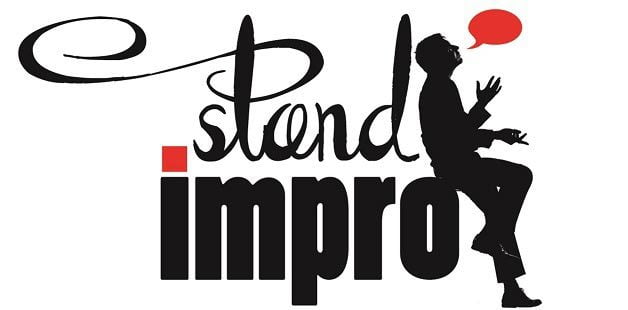Ethos, Pathos, and Logos: The Three Musketeers of Public Speaking
The ability to stand in front of an audience and persuade; it is today perceived as an outstanding skill. In our modern communication word, we send emails, chat, and Skype, but few can win the hearts and minds of their audience to make a decisive difference. If communication begins with understanding, then it should definitely end with persuasion. Afterward, it is not a skill given by birth to a few of us, it is a long-standing discipline that anyone can work and improve on. The old Greeks already established the basic principles in the so-called rhetoric: the art of speaking effectively. They studied the principles and rules of composition formulated by critics of ancient times in terms of writing or speaking as a means of communication or persuasion.
Today, few of us are aware of this art. Nevertheless, influencing and persuading with the adequate techniques remains deeply rooted in this ancient talent. Aristotle assumed that persuasion could be breakdown into three components for any speaker: a trustworthy reputation in the eyes of his audience, demonstrating with logic, and stirring emotions. These three precursory musketeers used to save many statesmen and orators on the battlefield of the “Agora,” as it does today for any manager selling an idea or oneself at a business meeting.
Logos
Aristotle applied the term Logos in rhetoric to refer to a “Reasoned Discourse,” a logical appeal. It is, therefore, supported by facts and figures that speak in favor of the speaker’s claims or points. Having a logos appeal also enhances ethos because information makes the speaker look knowledgeable and prepared for his or her audience. However, the challenge is not to confuse the audience with misleading or inaccurate information. Today, it has to be noted that speakers tend to lose their audience due to the complexity of their argument. In the actual field of a public speech, “Less is more” is one of the most challenging aspects to understand and apply for any speaker.
Ethos
Ethos is the appeal to the legitimacy and credibility of the presenter. The later has to demonstrate his “Good Character” by describing his guiding beliefs or ideals that characterize a community, nation, or ideology. Today, it can be used by showing that you share the same values that the members of the audience share concerning the subject. By being a notable and recognized figure in the field in question with such with a job title of Chemical Engineer, Wealth Manager or CEO, it gives you the legitimacy to speak, but not the credibility yet. If the presenter knows or assumes that the members of the audience share certain values, the presenter then can appeal to those values to support their idea. In addition, he can be using technical terms of the field to reach credibility in their eyes. Finally, the presenter has to demonstrate how their idea will agree, promote, or is connected to those values. It is also how well the presenter convinces the audience that he or she is qualified to speak on a a particular subject. By speaking of successful similar cases the speaker encountered in his past ethos will also be in his favor.
Pathos
Pathos is the appeal to the audience’s emotions and feelings. This pillar of the speech is the most challenging part of it since it calls for the speaker’s ability to use positive or negative emotions. A metaphor, smile, certain level of energy, a passionate delivery, or even a simple claim that a matter is unjust can help the speaker in this way. Besides, Pathos is so essential since it uses indispensable communication channels to your audience that need to be activated: the path to the limbic system. Modern discoveries in the field of neuroscience show pieces of evidence on how decision-making and long-term memory are related to this specific part of the human brain. In this way, four centuries BCE, Aristotle was an intuitive and impressive pioneer of our modern communication world. He already understood that by revealing your true self and mastering the area of storytelling with the adequate balance, speakers would have the most engaging impact on their audience.
Tips to prepare your next presentation
- Demonstrating that you share common values with your audience
- Delivering personal commitment to your proposal
- Showing practical good sense and moderation



